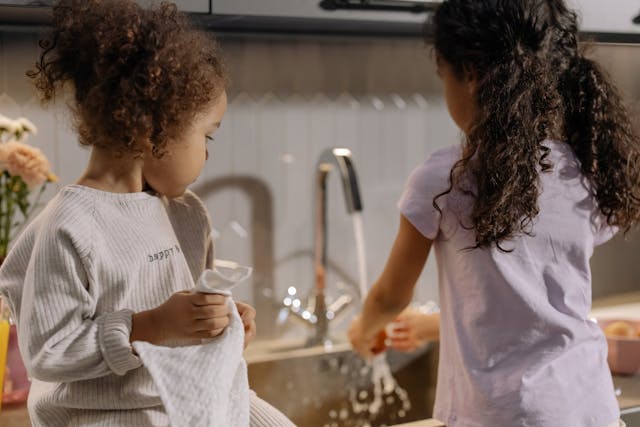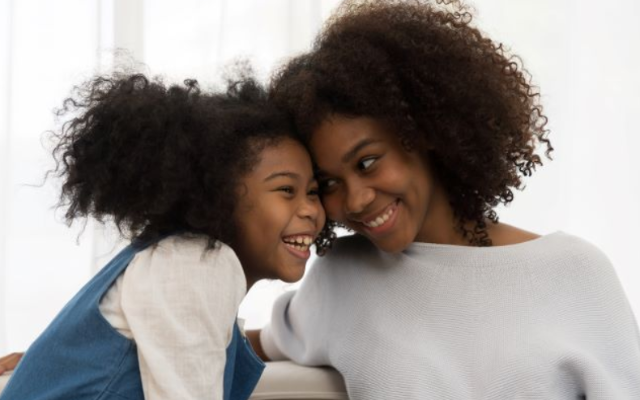Birth order has long been a topic of interest in psychology, with many assuming that the position in which a child is born can influence their behavior and personality. Firstborn children, in particular, often bear the weight of higher expectations, and for daughters, this pressure can lead to what is known as “eldest daughter syndrome.” While birth order can shape strengths and leadership skills, it can also contribute to mental health challenges. Keep reading to find out a new research study revealed about firstborn and only children.

In the new research study by Epic Research another less positive consequence of being the firstborn or an only child is highlighted: the increased risk of anxiety and depression. Analyzing the medical records of over 180,000 children, the study found that firstborn children with siblings were 48% more likely to suffer from anxiety and 35% more likely to experience depression by the age of 8 compared to younger siblings.
The findings were similar for only children, who were also at higher risk for these mental health conditions, 42% more likely to have anxiety and 38% more likely to have depression.
Delving further into the research, in terms of firstborn and/or only daughters, particularly in traditional family structures, it is noticed that they often take on caregiving roles at a young age. Lisette Schuitemaker, author of “The Eldest Daughter Effect”, notes that firstborn girls tend to be responsible, caring, and thoughtful, qualities that make them natural leaders.
Schuitemaker points to prominent eldest daughters like Hillary Clinton, Oprah Winfrey, and Beyoncé as examples of how these women often excel in leadership roles. However, this nurturing responsibility can also be burdensome, with eldest daughters sometimes becoming “parentified” — shouldering adult-like duties in place of their parents.

“Anxiety and depression don’t have a single cause, so understanding what factors are likely to impact a child can help both parents and clinicians to make sure that they are helping the child with their specific needs,” Caleb Cox, head of research and data science at Epic Research, told HuffPost in an interview regarding the study.
He also noted that there are plenty of second- or later-born children who struggle with anxiety and depression as well, “so it’s important for parents to make sure their kids are getting the help that they need, regardless of the child’s birth order.”

While the study does not delve into the exact causes, researchers suggest that the unique parenting dynamics experienced by firstborns may contribute to these outcomes. First-time parents are often learning as they go, which can create a more anxious environment for their firstborn children. Additionally, the absence of older siblings means only children may not have the same support structure as those born later.
Parents, while encouraging responsibility in their children, should remain mindful of the mental health risks associated with overwhelming expectations. In many cases, sharing household duties in a way that considers each child’s emotional well-being can help alleviate undue stress and promote healthier family dynamics. Ultimately, understanding the complex effects of birth order on mental health can help parents and caregivers provide more balanced support for their children’s development.
To read this insightful and interesting research study in its entirety, click here.







